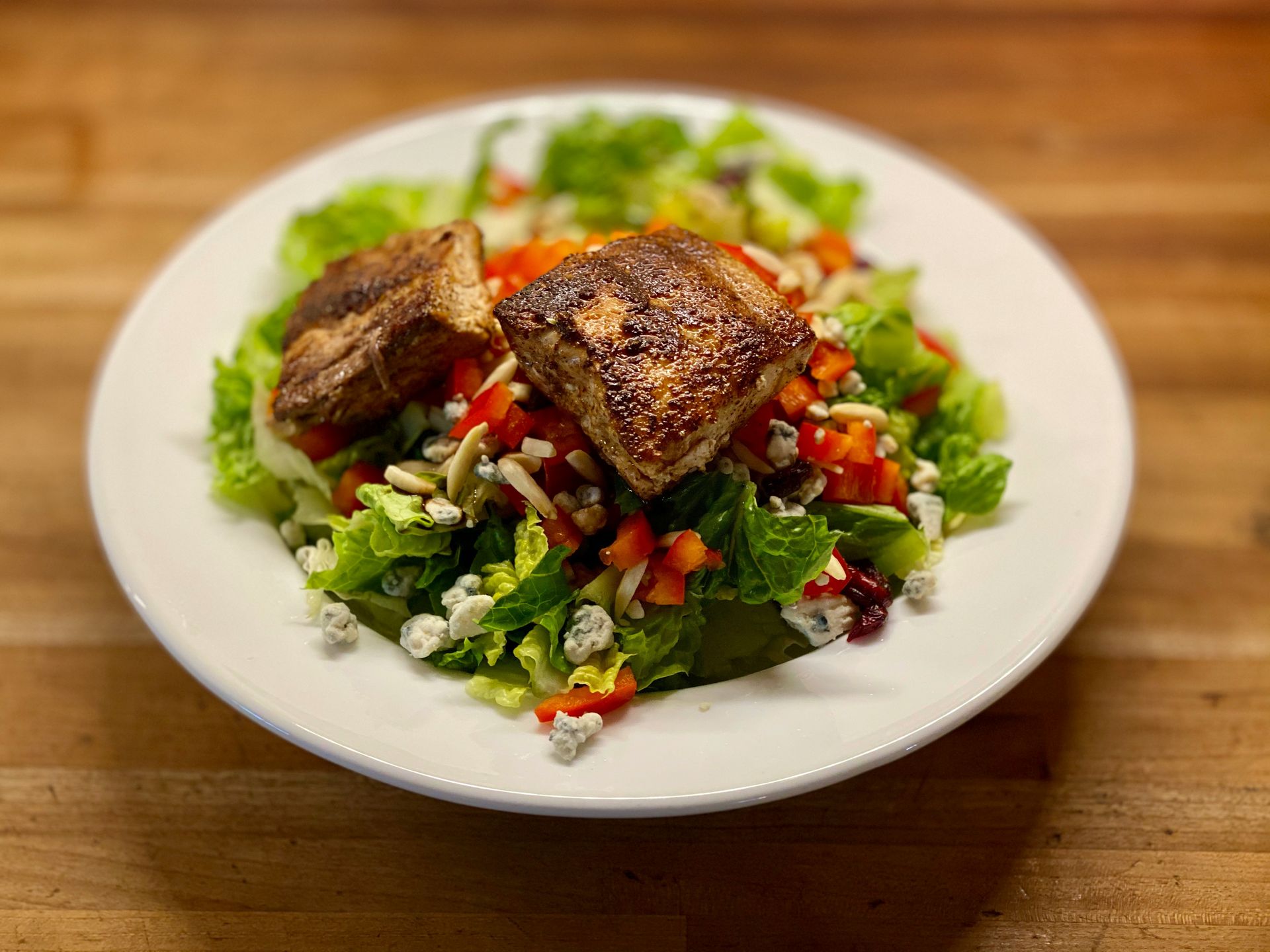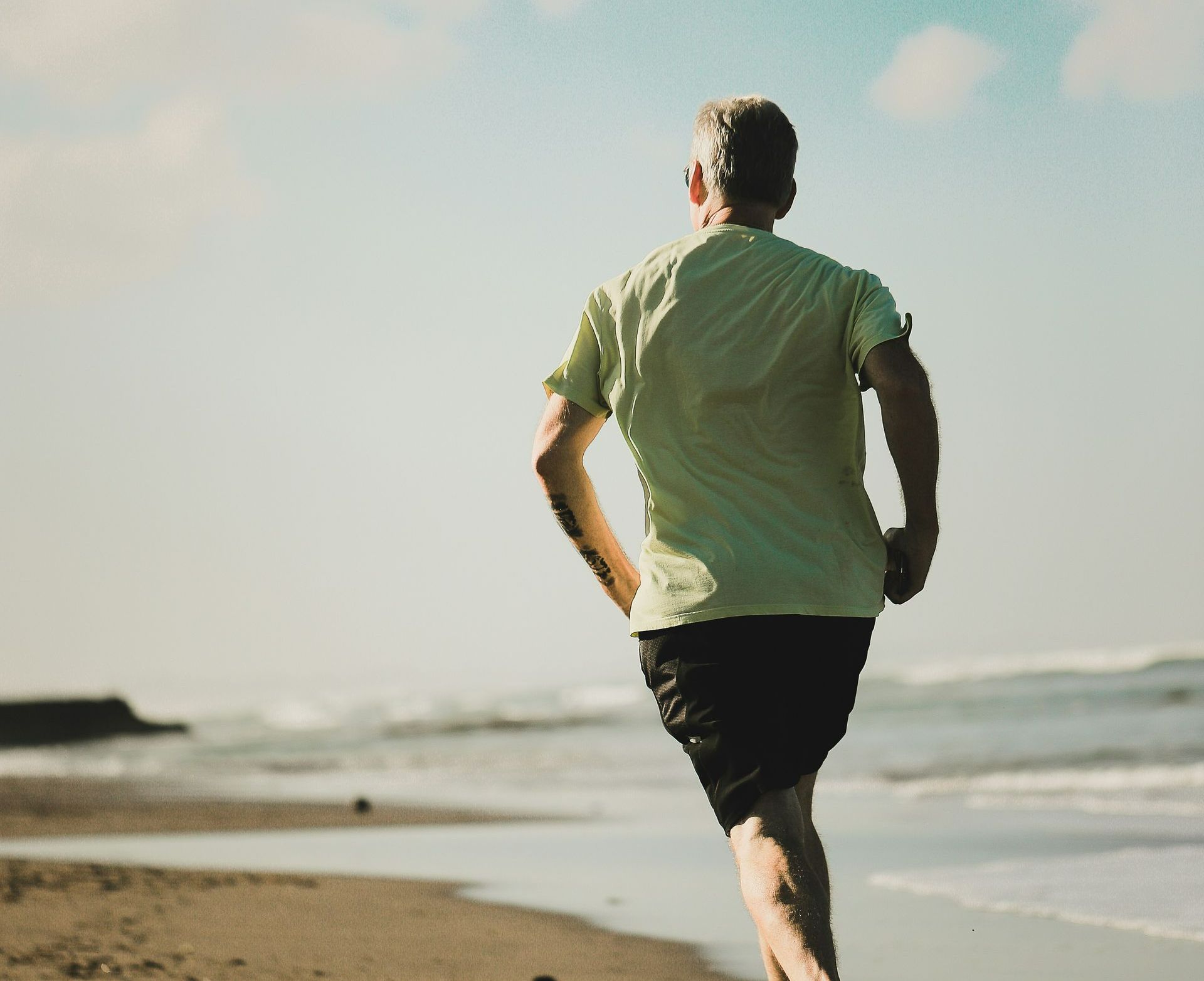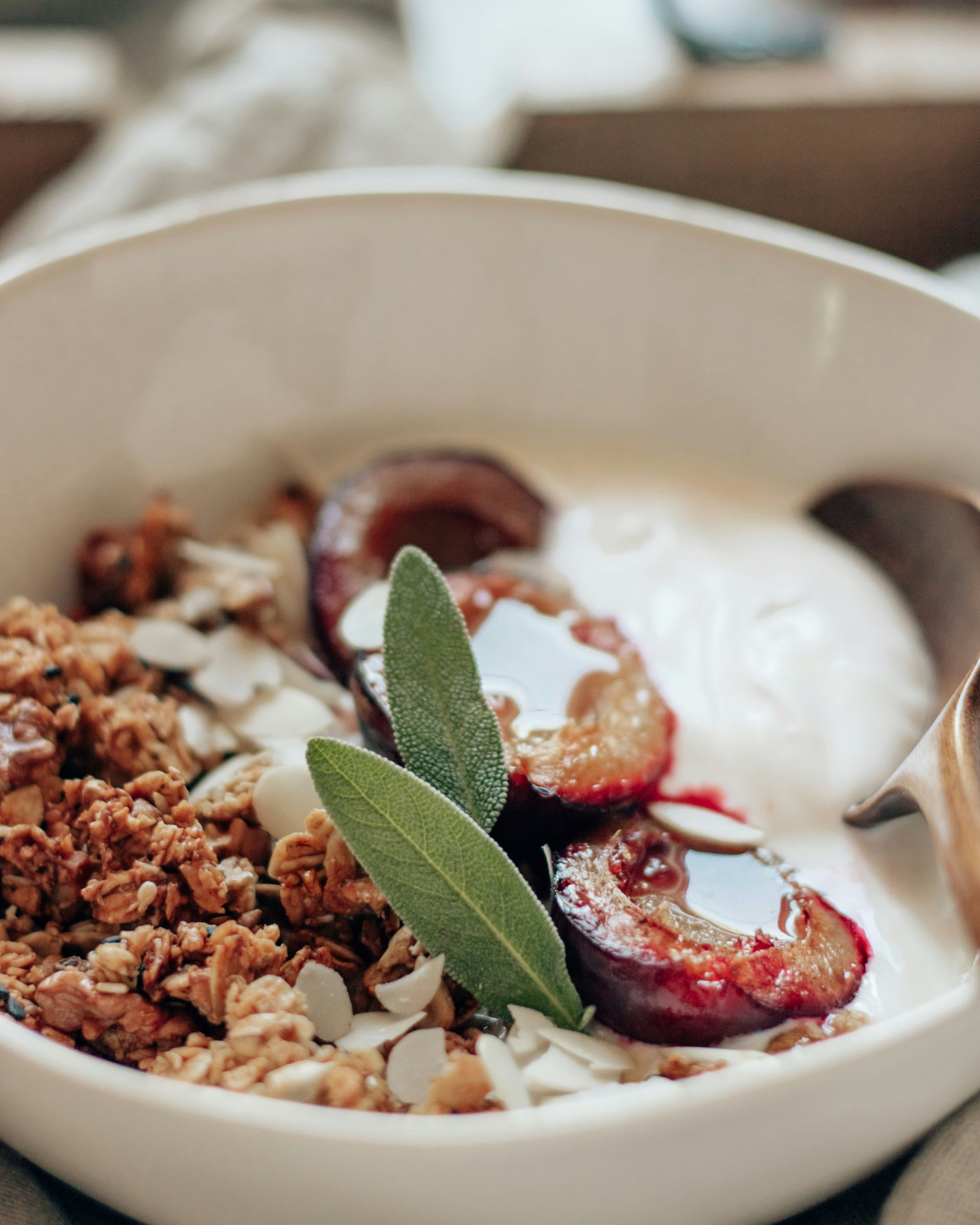
Is Breakfast Truly the Most Important Meal of the Day?
Should you eat breakfast to achieve your fitness goals, or could skipping it be more beneficial?
I aim to challenge conventional fitness advice when necessary to deliver the best results for my clients. My commitment to tailoring fitness solutions to individual needs is what sets me apart in the personal training industry.
In a world dominated by one-size-fits-all approaches, it’s critical to remember that the most important person in any fitness journey is the client. Forcing a rigid mindset on someone often leads to frustration and failure, pushing them away from their goals.
For many, breakfast has long been considered a non-negotiable meal. Decades of marketing by the breakfast cereal industry have ingrained the belief that starting the day with a bowl of sugary cereal is essential. For these individuals, switching to a healthier option—like grilled salmon and vegetables—can feel revolutionary.
But what if you don’t enjoy breakfast? What if skipping it altogether makes you feel better?
The Breakfast Myth: Science vs. Belief
For years, health experts have drilled into us that skipping breakfast is a fast track to obesity and chronic disease. The phrase “breakfast is the most important meal of the day” is so entrenched in society that questioning it seems almost heretical.
Interestingly, a recent meta-analysis of breakfast-related studies found that the belief in breakfast’s benefits often outweighs the strength of scientific evidence. Researchers uncovered significant biases in how results were interpreted, leading to conflicting conclusions.
Does this mean breakfast is bad? Absolutely not. Instead, it highlights the need for an open-minded approach to nutrition, prioritizing what works best for you. While nutrition debates can be divisive, achieving body composition goals ultimately boils down to three basics: creating a calorie deficit, eating nutritious foods, and sticking to the plan.

When Skipping Breakfast Works
Skipping breakfast might not be for everyone, but it can be a game-changer for some. The hardest part of getting in shape is adherence to a diet, so any strategy that makes this easier is worth considering.
For a minority of clients, skipping breakfast leads to higher compliance with their nutrition plans. Some people simply aren’t hungry in the morning or find breakfast unappealing. Others prefer to capitalize on their early productivity by delaying their first meal.
Fat Loss and Calorie Control
When pursuing fat loss, total calorie intake matters most. Skipping breakfast can help some people naturally reduce their daily calorie consumption—provided they don’t compensate by overeating later.
Another benefit is appetite management. By starting to eat later in the day, clients can condense their meals into a shorter time frame, which can have psychological advantages that support adherence to their diet.
Potential Health Benefits of Skipping Breakfast
Beyond fat loss, skipping breakfast or engaging in intermittent fasting has been linked to several health benefits, such as:
- Reduced inflammation, oxidative stress, and blood pressure
- Improved cardiovascular function and cell repair
- Enhanced growth hormone release
Perhaps the most notable benefit is linked to anti-aging. Extended fasting supports a natural process called autophagy, which clears out cellular debris, including faulty parts and potentially cancerous growths. This "house cleaning" helps improve the body’s efficiency and is essential for healthy aging.
While these benefits sound promising, similar results can often be achieved through a balanced calorie deficit, so skipping breakfast isn’t a magic bullet.

The Bottom Line: What Should You Do?
This article isn’t a call to abandon breakfast entirely. Instead, it’s a reminder to remain flexible and find what works best for you. I prioritize personalization—if eating breakfast later in the day makes you feel better, go for it.
Be cautious, though, about rigid fasting schedules. Popular intermittent fasting protocols can create unnecessary pressure by emphasizing strict eating windows. The key to success lies in experimenting with your schedule to discover what aligns with your preferences, goals, and lifestyle.
In the end, whether you eat breakfast at dawn, delay it, or skip it altogether, the focus should always be on creating a sustainable, enjoyable approach to your nutrition and fitness journey.
For all Personal Training enquiries in the London, Ruislip area: contact me here

Start Today!
Ready to transform your fitness journey? Take the first step towards achieving your goals with personal training!
My take on Health and Fitness



